Some people prefer to keep their thoughts and feelings locked away.
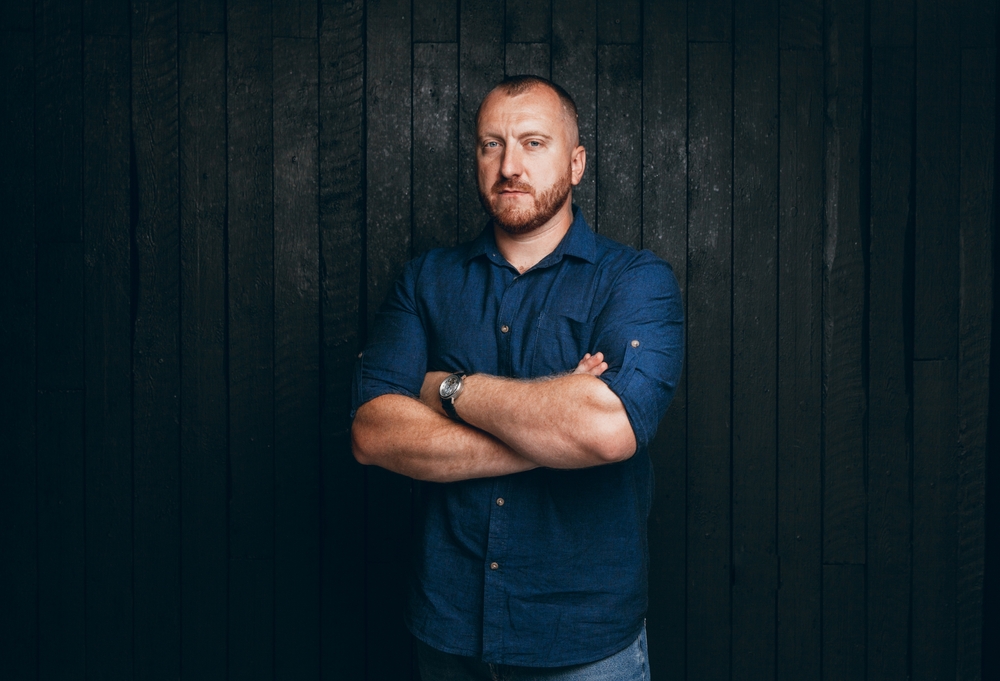
Maybe it’s a friend who always seems guarded, a coworker who avoids personal conversations, or a partner who struggles to open up. These people might have what we call a “closed-off” personality. But what are the telltale signs of this trait, and what might be going on beneath the surface?
1. They rarely share personal details or stories.

Whether it’s their childhood memories, their dreams for the future, or even just what they did over the weekend, people with closed-off personalities tend to keep their personal lives private. They might deflect questions or change the subject when conversations get too personal, leaving you wondering what’s really going on in their minds.
2. They avoid eye contact during conversations.
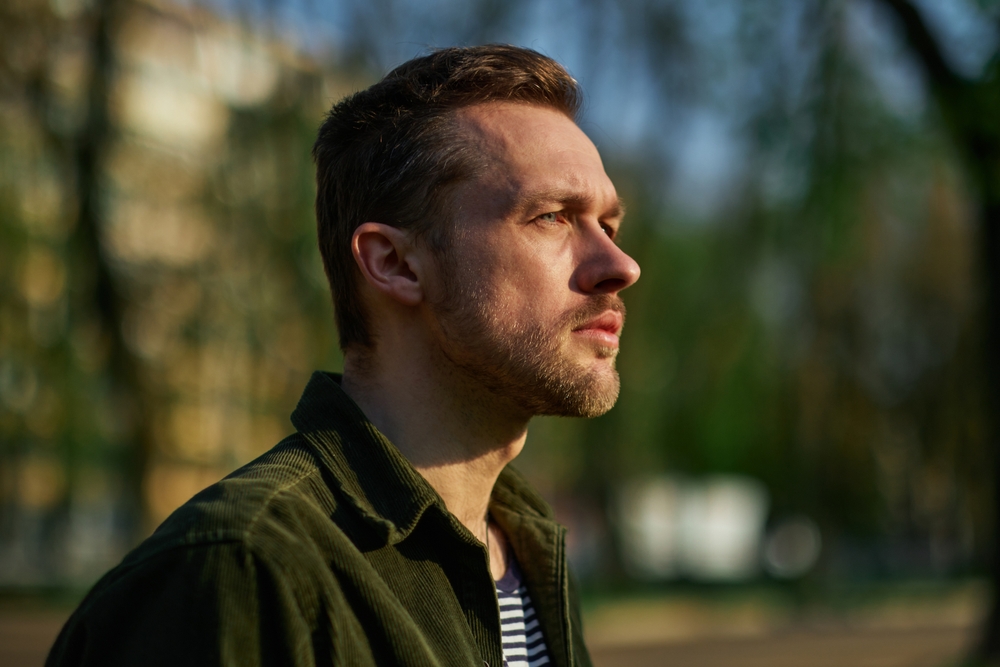
Eye contact is a powerful form of non-verbal communication that conveys trust, connection, and openness. However, people who are closed off often avoid eye contact, looking away or down when speaking. This can make them seem disinterested, aloof, or even untrustworthy, even if they don’t intend to be.
3. They have a hard time expressing their emotions.

Closed-off people might struggle to identify and express their emotions, both positive and negative. They might bottle up their feelings, fearing vulnerability or judgment. This can lead to emotional distance in their relationships, as other people may feel shut out or unable to connect on a deeper level.
4. They often use humor or sarcasm as a defense mechanism.

Humor can be a great way to cope with stress and difficult situations, but when used excessively, it can become a shield that prevents people from showing their true feelings. Closed-off people might use jokes or sarcasm to deflect personal questions, Psychology Today notes, avoid emotional discussions, or mask their vulnerabilities.
5. They tend to be very private and reserved.

Privacy is important, but people with closed-off personalities might take it to the extreme. They might be reluctant to share their opinions, thoughts, or experiences, even with close friends or family. This can make it difficult to get to know them on a deeper level and build genuine connections.
6. They find it hard to trust people.

Trust is a fundamental building block of any relationship, but it can be a major challenge for closed-off people. They might have been hurt or betrayed in the past, leading them to build walls around their hearts. This mistrust can make it difficult for them to form close relationships and open up to people.
7. They often seem guarded or defensive.
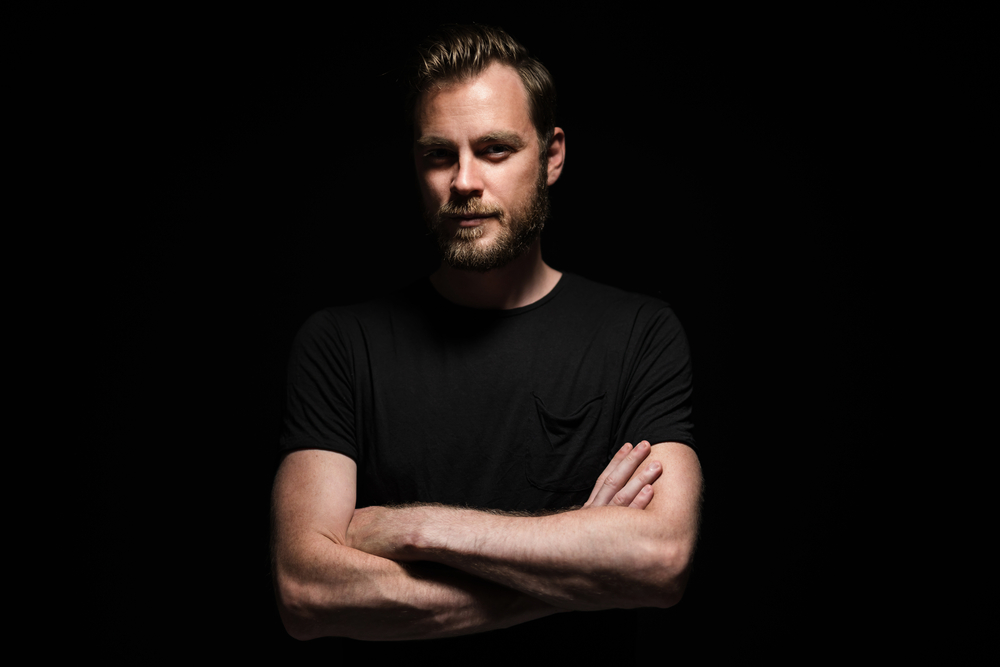
Even in casual conversations, closed-off people might come across as guarded or defensive. They might perceive innocent questions as prying, or see friendly gestures as attempts to manipulate them. This can create tension and distance in their interactions, making it difficult to build trust and rapport.
8. They have a limited social circle.

Due to their struggle to trust people and form close connections, closed-off people often have a small circle of friends. They might prefer solitary activities or spend most of their time with a select few people they feel comfortable with. This limited social circle can further reinforce their isolation and make it difficult for them to break out of their shell.
9. They struggle to accept compliments or praise.

When someone compliments a closed-off person, they might deflect it, downplay it, or even feel uncomfortable. This could stem from a lack of self-worth or a fear of being seen as arrogant. They might struggle to internalize positive feedback, often dismissing it as insincere or unwarranted.
10. They tend to avoid conflict or difficult conversations.

Rather than addressing issues head-on, closed-off people might prefer to avoid conflict altogether. They might change the subject, withdraw from the conversation, or even ghost the person they’re having a disagreement with. This avoidance can lead to unresolved issues and resentment building up over time.
11. They often appear stoic or unemotional.
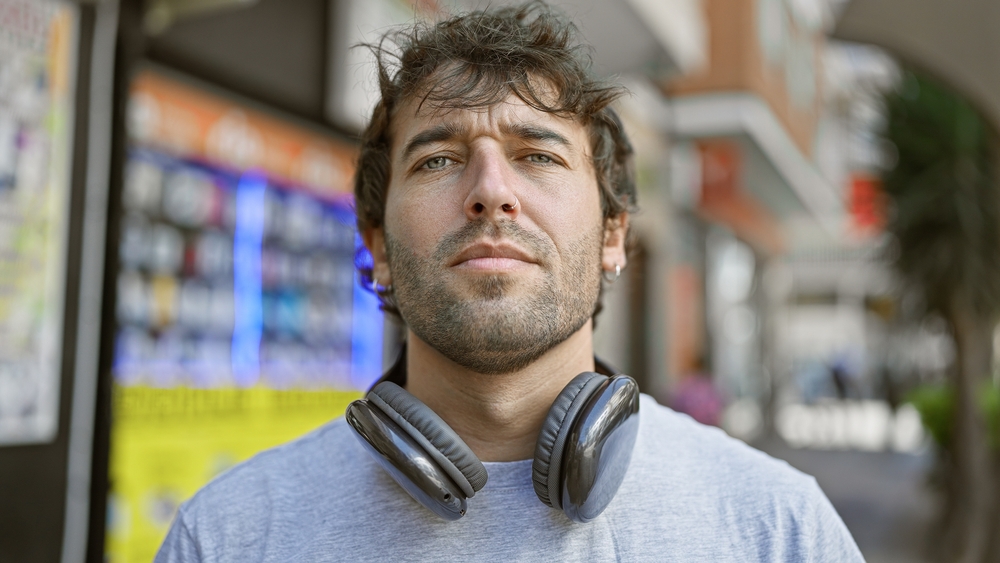
While everyone experiences a range of emotions, closed-off people might try to maintain a calm and composed exterior at all times. They might suppress their feelings, fearing that showing vulnerability will make them appear weak or out of control. This can make them seem distant or aloof, even when they’re feeling overwhelmed or stressed.
12. They have difficulty asking for help or support.

Closed-off people might view asking for help as a sign of weakness or dependence. They might prefer to struggle alone rather than reach out to anyone for support. This can lead to isolation, burnout, and a sense of being overwhelmed by life’s challenges.
13. They might be overly critical of themselves and other people.
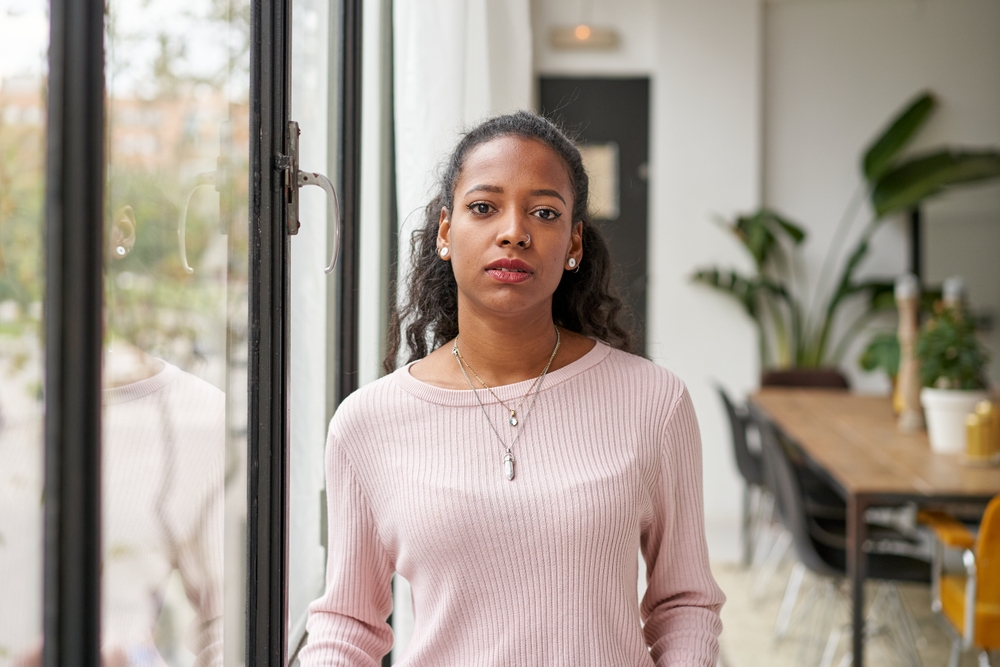
This critical nature can stem from a fear of vulnerability or a desire to maintain control. They might set high standards for themselves and others, often feeling disappointed or frustrated when those standards aren’t met. This can lead to negative self-talk, strained relationships, and a general sense of dissatisfaction.
14. They often have difficulty letting go of past hurts or grudges.

Holding on to past grievances can be a way for closed-off people to protect themselves from future pain. They might replay old arguments in their minds, harbor resentment towards those who have wronged them, or struggle to forgive and move on. This can hinder their ability to form healthy relationships and create emotional baggage that weighs them down.
15. They prefer to spend time alone rather than with other people.

While everyone needs some alone time to recharge, closed-off people might prefer solitude to social interaction. They might feel drained by socializing or find it difficult to connect with people on a deeper level. This preference for alone time can further isolate them and make it difficult to build meaningful relationships.
16. They might have a fear of intimacy or commitment.

Opening up to another person and forming a close bond can be intimidating for closed-off people, MindBodyGreen acknowledges. They might fear getting hurt, losing their independence, or being judged for their vulnerabilities. This fear of intimacy can manifest in various ways, such as pushing people away, sabotaging relationships, or avoiding commitment altogether.



